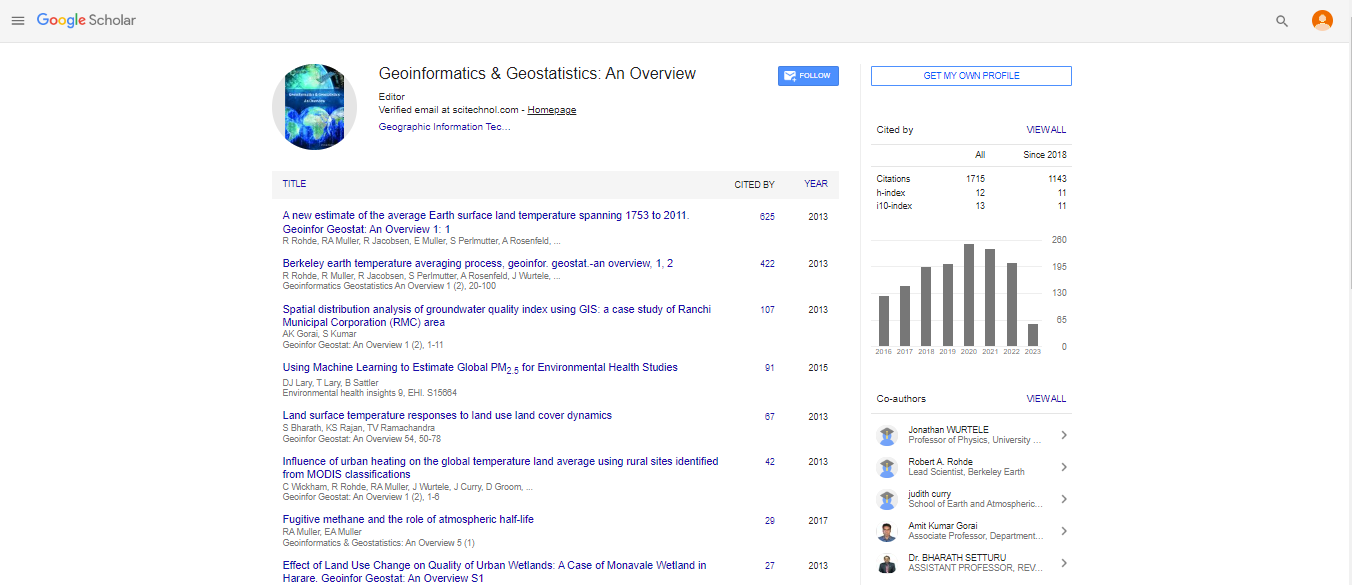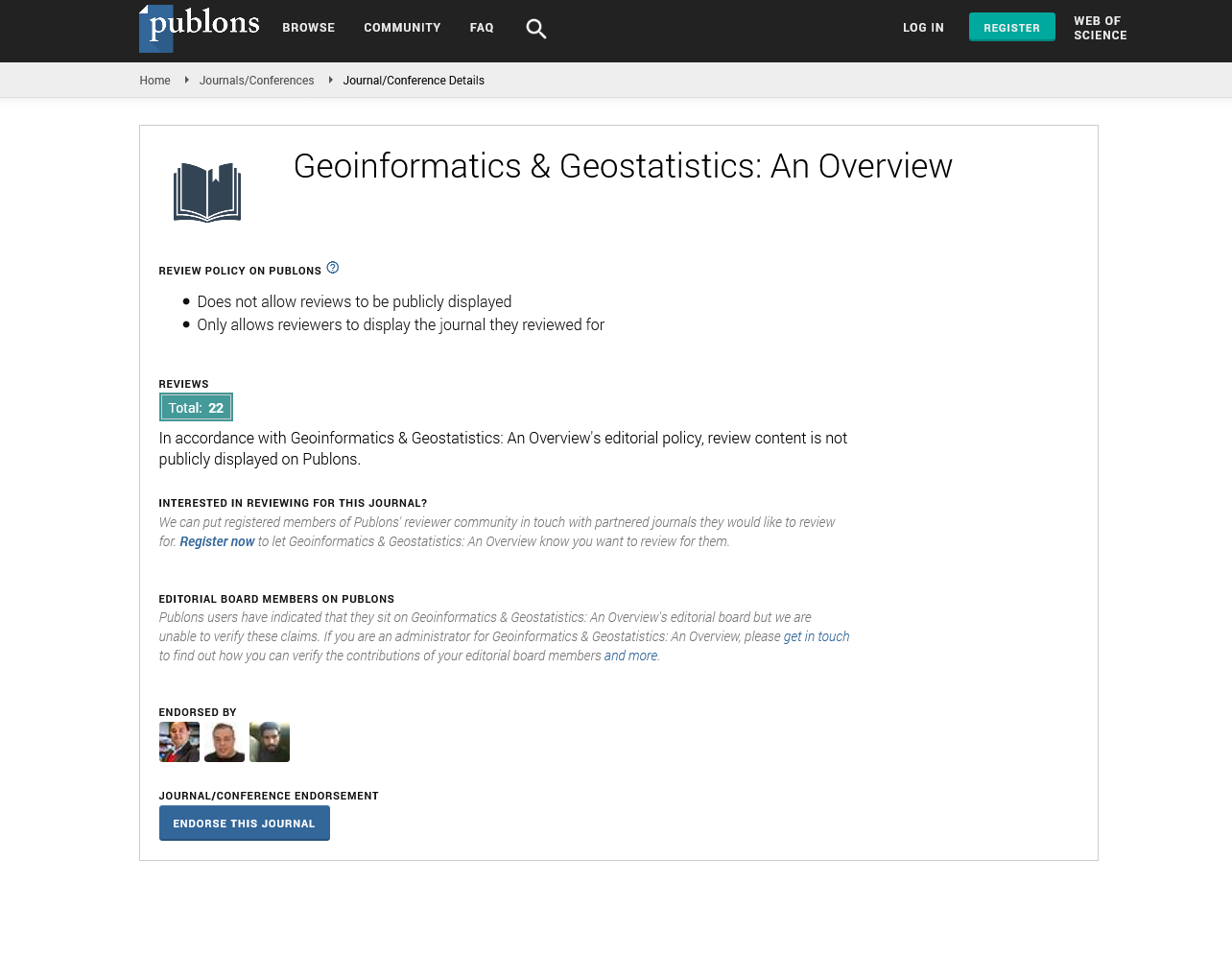First principles understanding on enhanced oxidation resistance of NaBH4-treated mackinawite (FeS)
Dong-Hee Lim, Chang-Mi Lee, Jeong An Kwon, Young-Soo Han and Chul-Min Chon
Chungbuk National University, South Korea
Korea Institute of Geoscience and Mineral Resources, South Korea
:
Abstract
Sulfide minerals are important in immobilizing toxic pollutants in reducing environments. Iron sulfide (FeS) is ubiquitous in anoxic conditions and is a good remover of various organic contaminants and heavy metals. This study was conducted to modify the FeS synthesis process to delay the air oxidation rate of FeS by adding NaBH4. Also, the fundamental mechanism of how NaBH4 enhanced the oxidation resistance of FeS was theoretically investigated by the density functional theory (DFT) calculations. The real-time oxidation test results showed that the suggested NaBH4-modification retarded the oxidation of FeS by 8 times compared to the unmodified FeS. The DFT results revealed that the FeS oxidation was attributed to sulfide oxidation of S-terminated FeS due to strong electronegativity of oxygen, and by treating FeS with the hydride ion (H−) donated from the ionization of NaBH4, less charge was withdrawn from the FeS sulfur atoms (i.e., retarded FeS oxidation) because oxidizing environment preferentially withdrew charge from the hydride ion (H−) rather than from FeS. The proposed FeS modification process may be useful in simplifying the application of reduced iron- or sulfide-minerals as alternatives to ZVI or oxide-based metal absorbents in environmental technologies. The realtime XAS measurements demonstrated that it is a useful method for accelerating kinetically slow or quasistatic equilibrium reactions. The pollutant removal efficiency of the modified FeS, compared to the unmodified FeS, will be evaluated in future studies.
Biography
Dong-Hee Lim received his PhD degree (2008) and worked as a Post-doc (2009-2010) in Civil and Environmental Engineering at the University of Michigan-Ann Arbor, MI, USA. He also worked as a Post-doc for two years at the Department of Energy Resources Engineering at Stanford University. He serves as an Assistant Professor in the Department of Environmental Engineering at Chungbuk National University. His research interests focus on quantum mechanics-based first principles calculations on energy and environmental-related topics. He has published 30 SCI papers.
Email: limkr@cbnu.ac.kr
 Spanish
Spanish  Chinese
Chinese  Russian
Russian  German
German  French
French  Japanese
Japanese  Portuguese
Portuguese  Hindi
Hindi 
